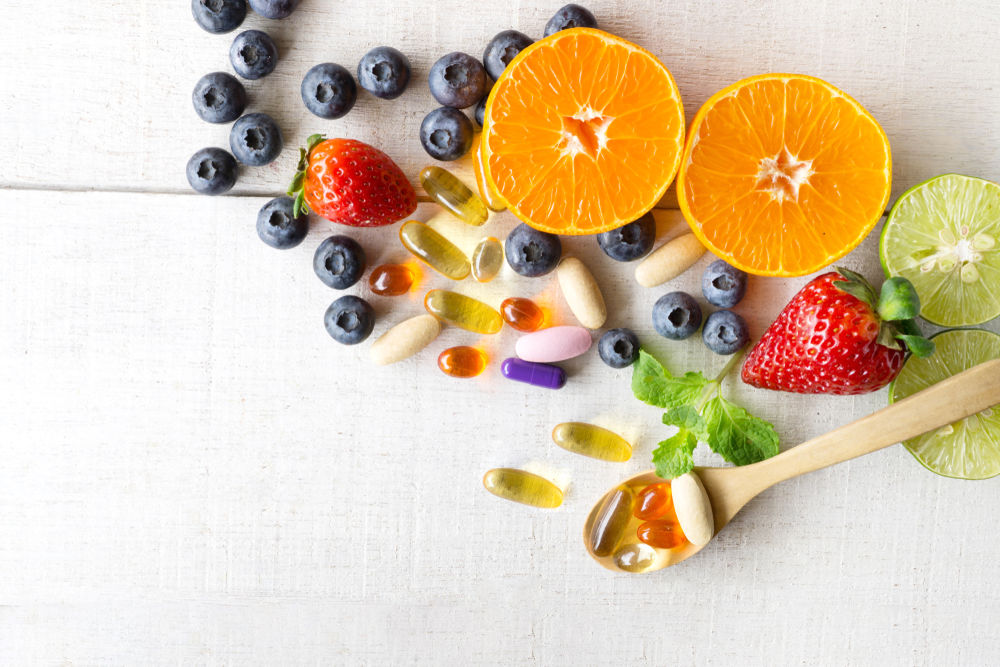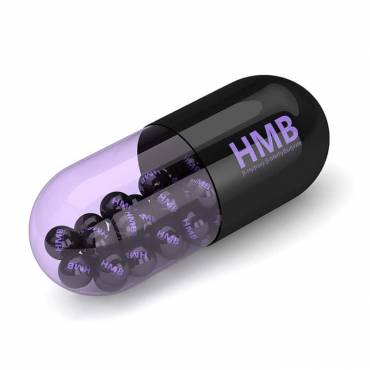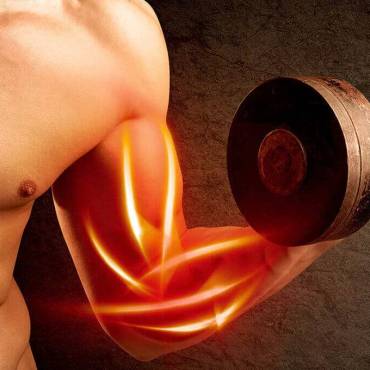Effect of Anti-oxidants on Strength Training
Anti-oxidants and Strength Training: Micro-Entry
All substance, no fluff.
By Dr. Allan Bacon
Overview
High dose anti-oxidants, such as are found in supplemental vitamins and other supplemental anti-oxidant formulations, have the potential to lessen the beneficial adaptations produced by strength training (hypertrophy, body composition, peak torque, total work) when they are taken too close to the workout period.
The likely mechanism for this is they impair the post-workout inflammatory cascade which is actually beneficial for performance and hypertrophy. In other words, exercise increases oxidative stress which stimulates muscle adaptation. High-dose anti-oxidants reduce post-exercise oxidative stress and therefore reduce muscle growth. Inflammation often receives a bad rap because chronic (long-term) inflammatory processes can cause problematic health issues, but short-term inflammatory processes such as are found from resistance training are often beneficial in nature.
For this reason, and because there do not appear to be distinct advantages to intaking anti-oxidants peri-workout, I recommend spacing supplemental anti-oxidants such as NAC, vitamins, curcumin, etc. out from the workout by a period of 4-6 hours both before and after.
Based on the breadth of evidence, this concern does not seem to extend to anti-oxidants in the natural food supply.
Research
Chronic antioxidant supplementation may attenuate peak torque and total work improvement in young women after strength training.
https://doi.org/10.1139/apnm-2017-0866
Attempting to lower ROS/RNS periworkout via antioxidant supplementation potentially hinders beneficial adaptations of resistance training.
DOI: 10.1113/JP270654
The antioxidant response to exercise has two components: at the time of stress and adaptation through genetic modulation processes in front of persistent pro-oxidant situation. Acute administration of anti-oxidants immediately before or during an exercise session can have beneficial effects, such as a delay in the onset of fatigue and a reduction in the recovery period. Chronic administration of antioxidant supplements may impair exercise adaptations, and it is only beneficial in subjects with low basal levels of antioxidants.
https://doi.org/10.2174/1381612825666190701164923
High-dosage vitamin C and E supplementation blunted certain muscular adaptations to strength training in men.
DOI: 10.1111/sms.12506
Doses of ∼0.2 g·d(-1) of vitamin C consumed through five or more servings of fruit and vegetables may be sufficient to reduce oxidative stress and provide other health benefits without impairing training adaptations.
DOI: 10.1249/JSR.0b013e31825e19cd
This meta-analysis suggests: “Most of the evidence suggests that this kind of supplementation does not potentiate muscle growth and could possibly attenuate hypertrophy over time.”
DOI: 10.1155/2020/3505209
“chronic intakes of most antioxidants have a harmful effect on performance.”
https://doi.org/10.1007/s40279-015-0323-x
The present review provides a brief overview on oxidative stress mediated cellular damages and role of dietary antioxidants as functional foods in the management of human diseases.
https://doi.org/10.4103/0973-7847.70902
This mini-review deals with the taxonomy, the mechanisms of formation and catabolism of the free radicals, it examines their beneficial and deleterious effects on cellular activities, it highlights the potential role of the antioxidants in preventing and repairing damages caused by oxidative stress, and it discusses the antioxidant supplementation in health maintenance.
PMID: 23675073 PMCID: PMC3614697
N-acetyl cysteine may be of benefit over the days prior to an endurance event; while chronic intake of combined 1000 mg vitamin C + vitamin E is not recommended during periods of heavy training associated with adaptations in skeletal muscle. Melatonin, vitamin E and α-lipoic acid appear effective at decreasing markers of exercise-induced oxidative stress. However, evidence on their effects on endurance performance are either lacking or not supportive. Catechins, anthocyanins, coenzyme Q10 and vitamin C may improve vascular function, however, evidence is either limited to specific sub-populations and/or does not translate to improved performance.
DOI: 10.1016/j.redox.2020.101471
These results suggest that chronic antioxidant supplementation (such as Vitamin E and Vitamin C) can mitigate strength training related improvements of body composition.
Dutra MT, Alex S, Silva AF, Brown LE, Bottaro M. Antioxidant Supplementation Impairs Changes in Body Composition Induced by Strength Training in Young Women. Int J Exerc Sci. 2019 Mar 1;12(2):287-296. PMID: 30899342; PMCID: PMC6413849.
Although thiol-based antioxidant supplementation (such as NAC) enhances GSH availability in skeletal muscle, it disrupts the skeletal muscle inflammatory response and repair capability, potentially because of a blunted activation of redox-sensitive signaling pathways.
DOI: 10.3945/ajcn.112.049163








